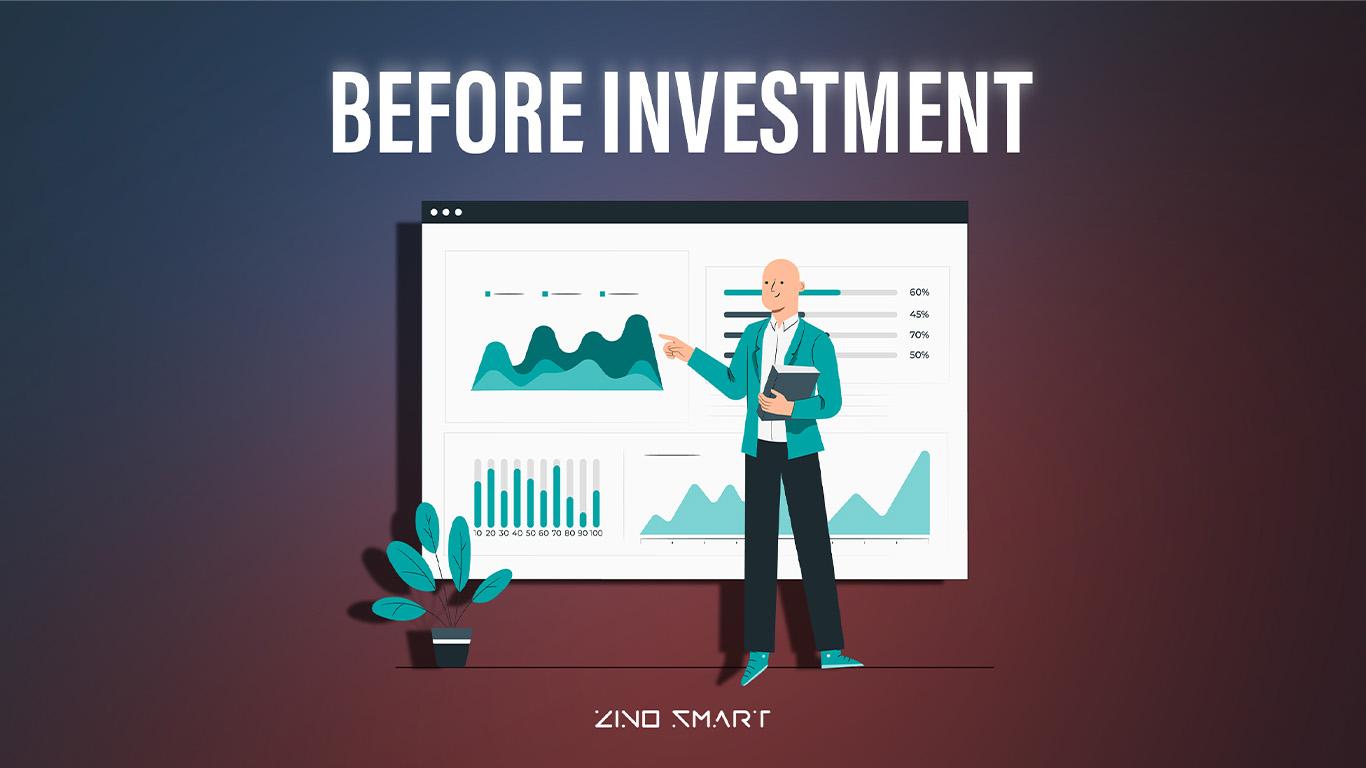Inflation: In absolute simple terms, inflation means, you have to pay more for the same products and services. Therefore, over a period of time, inflation tends to increase your cost of living if your income does not match up with the inflation.
It can be helpful if there is asset inflation and you have purchased the assets before the prices increase. There are many effects of inflation which we shall explore in this topic.
Inflation
Inflation is of many types and the effects of inflation depend on its types. For example, an inflation rate of three to ten percent or pernicious inflation heats up the economy very fast.
This means that people tend to buy more than they need to avoid the increased prices of tomorrow. However, suppliers cannot keep up with the increased demand and neither can wages. Therefore, most products and services are priced out of the common man’s reach.
Asset Inflation
An important thing about inflation is that it does not affect everything the same way. An example, inflation can double the gas prices while making your home lose its value. Back in 2008, the price of oil reached an all-time high in the US of $148 a barrel.
This led to an increase in gas prices to $5 a gallon in some parts of the US. This made driving to work more expensive and stressful along with the added stress of people losing their jobs.
Can Inflation help the economy?
There are times when inflation is good for the economy. For example, when it is mild, it can have health effects on the economy. As people start expecting a rise, they spend now rather than later as they know that the prices will increase shortly. This increased spending by consumers drives the growth of the economy.
Usually, governments set a target for inflation and try to maintain it at a healthy rate. This ensures that the effects of inflation are good on the prices of food and energy. It is fit for the economy when people assume that the prices will continue to rise.
How inflation affects Retirement Planning?
Usually, inflation is bad for your retirement planning. In order to ensure that you have the same quality of life after retirement, the target savings amount keeps increasing under inflation. This is because the same amount of money will buy lesser products and services in the future.
Therefore, to be prepared for inflation even during your retirement, it is essential that you save more than you think you might need. Also, it is better to start investing as soon as possible to benefit as much as you can from compounding.
Effects of Inflation on Bonds
If you own bonds, then it is important to keep a close eye on the inflation rates. Bonds pay a fixed return every year. Therefore, if the inflation rises faster than the returns offered by them, they lose value. This leads to panic selling by investors which depreciates their value even further.
This is the time when the Government has to offer higher yields to sell them at all! This leads to an increase in mortgage rates which in turn reduce the overall value of your savings. In a nutshell, it results to slow economic growth and lowers the standard of living.
What happens when Inflation reaches Double Digits?
If inflation reaches 10 percent or more, it is called Hyperinflation. This typically happens when the government prints money without considering the inflation rates.
In Zimbabwe, from the late 1990s, hyperinflation saw the country’s economy grow highly unstable. Whenever inflation crosses double digits, one of the best hedges is to buy gold. Remember, hyperinflation can lead to the collapse of a country’s economy.

Another great way to minimize the negative effects of inflation is by investing in stocks. Let’s say that due to inflation, the value of a particular product increases every year. Therefore, the value of the company that manufactures that product also increases. Hence, if you hold stocks in such a company, then you can protect yourself from the negative effects of inflation to a certain extent.
Inflation also leads to an increase in the price of real estate properties. Therefore, people who invest in a property before inflation can benefit from the rising costs if they plan to sell it during the boom.


